HUDSON STREET PRESS
Published by the Penguin Group
Penguin Group (USA) LLC
375 Hudson Street
New York, New York 10014

USA | Canada | UK | Ireland | Australia | New Zealand | India | South Africa | China
penguin.com
A Penguin Random House Company
First published by Hudson Street Press, a member of Penguin Group (USA) LLC, 2014
Copyright 2014 by Richard OConnor, PhD
Penguin supports copyright. Copyright fuels creativity, encourages diverse voices, promotes free speech, and creates a vibrant culture. Thank you for buying an authorized edition of this book and for complying with copyright laws by not reproducing, scanning, or distributing any part of it in any form without permission. You are supporting writers and allowing Penguin to continue to publish books for every reader.
 REGISTERED TRADEMARKMARCA REGIS TRADA
REGISTERED TRADEMARKMARCA REGIS TRADA
LIBRARY OF CON GRESS CATALOGING-IN- PUBLICATION DATA
OConnor, Richard, (Psychotherapist)
Rewire : change your brain to break bad habits, overcome addictions, conquer self-destructive behavior / Richard OConnor, PhD.
pages cm
Includes bibliographical references and index.
eBook ISBN 978-0-698-15696-8
1. Self-destructive behavior. 2. Habit breaking. 3. Behavior modification. 4. Brain. I. Title.
RC569.5.S45O33 2014
616.85'82dc23
2014001287
Neither the publisher nor the author is engaged in rendering professional advice or services to the individual reader. The ideas, procedures, and suggestions contained in this book are not intended as a substitute for consulting with your physician. All matters regarding your health require medical supervision. Neither the author nor the publisher shall be liable or responsible for any loss or damage allegedly arising from any information or suggestion in this book.
While the author has made every effort to provide accurate telephone numbers, Internet addresses, and other contact information at the time of publication, neither the publisher nor the author assumes any responsibility for errors or for changes that occur after publication. Further, publisher does not have any control over and does not assume any responsibility for author or third-party Web sites or their content.
Version_1
Saint Paul to the Romans: I do not do what I want, but I do the very thing I hate.
CONTENTS
AUTHORS NOTE
I m a psychotherapist by training with thirty-plus years of practice, and several books Im proud of. I know a lot about theories of the mind and psychopathology, about the techniques of psychotherapy. But in looking back over my career Ive realized how limited our approaches are. Many people come to therapy because they are somehow getting in their own wayunable to get what they want, sabotaging their best efforts, unable to see how they put up barriers to intimacy, to success, to happiness. It takes a lot of hard therapeutic work for us to discover how theyre doing it to themselves, and even more work to help them learn to do things differently. And of course I see the same things in myselfbad habits I was sure I would have outgrown by now. To our chagrin, we remain persistently ourselves.
Self-destructive behavior is a universal human problem that has garnered little professional attention; its not the subject of many books. Thats probably because most theories hold that self-destructive actions are always a symptom of some underlying problem, like addiction, or depression, or a personality disorder. But there are many people who dont fit a standard diagnosis who cant seem to get out of their own way. Too often, our behavior takes on a life of its own and turns into a pit we cant crawl out of, even if were aware that it makes us miserable. Then there are self-destructive patterns that we dont see but that still hurt us over and over. Often most of the work in psychotherapy is about these issues.
The bottom line is that there are powerful forces within us that resist change, even when we can clearly see what would be good for us. Bad habits die hard. It seems as if we have two brains, one wanting the best for us, and the other digging in its heels in a desperate, often unconscious, effort to hold on to the status quo. New knowledge about how the brain works is helping us to understand this divided self, giving us guidance and hope that we can do more to overcome our fears and resistances.
Psychotherapists can help a great many people, but we have far too many dissatisfied customers, who didnt get what they came for. This book is addressed to those who have been disappointed, to those who dont expect any help, who feel theyre doomed to keep on shooting themselves in the foot. And to those who never thought of therapy, but who know they can sometimes be their own worst enemywhich probably takes in most of the world. There is plenty of reason for hope now, from many different fields in psychology and brain science, which together will give you a road map to overcoming whatever self-destructive habits are troublesome to you.
Self-Destructive Behavior Patterns
- Internet addiction
- Overeating
- Social isolation
- Gambling
- Obvious lying
- Not exercising
- Self-sacrificing gift giving
- Overworking
- Suicidal gestures
- Anorexia/bulimia
- Inability to express yourself
- Video game and sports addictions
- Stealing and kleptomania
- Inability to prioritizetoo many balls in the air
- Attraction to the wrong people
- Avoiding the chance to express your talents
- Staying in bad situationsjobs, relationships
- Antisocial behavior
- Passive-aggressive behavior
- Not managing money; accruing debt and not saving
- Self-dosing your medications
- Being cruel, thoughtless, selfish
- Self-mutilation
- Chronic disorganization
- Foolish pride
- Avoiding the spotlight
- Perfectionism
- Cant get started job hunting
- Sycophancy; manipulating to gain affection
- Excessively high standards (for self or others)
- Cheating, embezzlement
- Procrastination
- Neglecting your health
- Substance abuse
- Always late
- Inconsiderate
- Poor sleep habits
- Not paying attention
- Unable to relax
- Smoking
- Wont ask for help
- Suffering in silence
- Fashion addiction
- Sexual promiscuity; casual sex without a relationship
- Picking hopeless fights with authority
- Too much television
- Unassertive behavior
- Excessive risk taking
- Suicide
- Depressed shopping
- Computer game addiction
- Being needy, clingy
- Obsessive worrying
- Sex addiction
- Playing the martyr
- Acting on dares
- Dangerous driving
- Shoplifting
- Sexual degradation
- Spoiling things just when theyre going well
- Stubbornly persisting beyond common sense
- Hoarding
CHAPTER 1
Two Brains, Not Working Together
M ost of us find ourselves too often repeating the same mistakes, stuck in bad habits, and few of us understand why. Procrastination, lack of assertion, disorganization, smoking, overworking, poor sleep habits, lack of consideration, depressed shopping, Internet addictionall the way up through drug addiction and deliberate self-harm. Generally we know what were doing to ourselves, and we keep promising to reform. Indeed, we do try, often enough, but these habits are hard to break. Every time we try but fail, we become more hopeless and more critical of ourselves. Self-destructive habits like these are the greatest source of unnecessary misery in our lives.


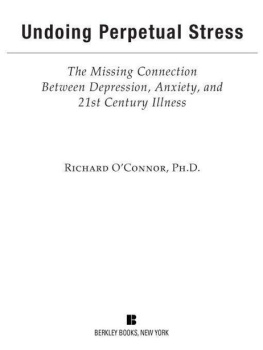
![Dzhon Hargrejv - Mind Hacking [How to Change Your Mind for Good in 21 Days]](/uploads/posts/book/875008/thumbs/dzhon-hargrejv-mind-hacking-how-to-change-your.jpg)
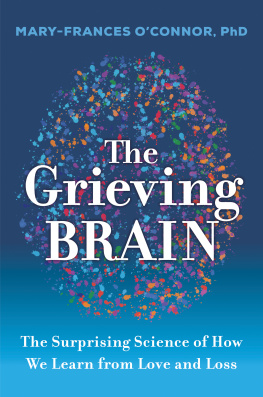
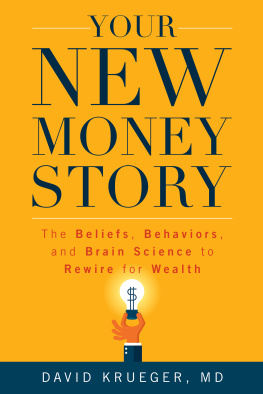
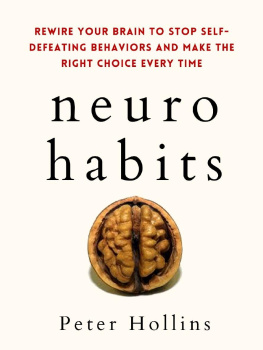
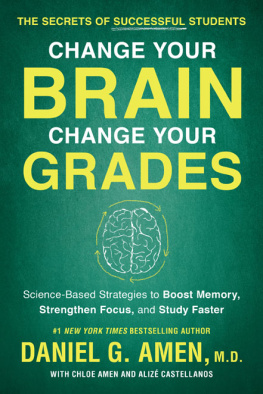
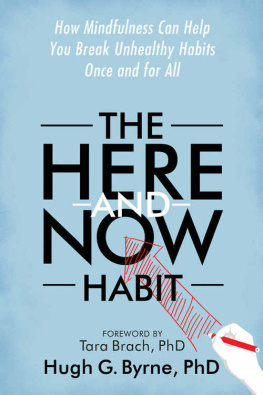
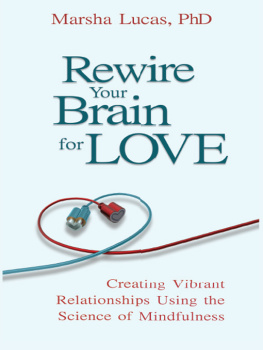


 REGISTERED TRADEMARKMARCA REGIS TRADA
REGISTERED TRADEMARKMARCA REGIS TRADA